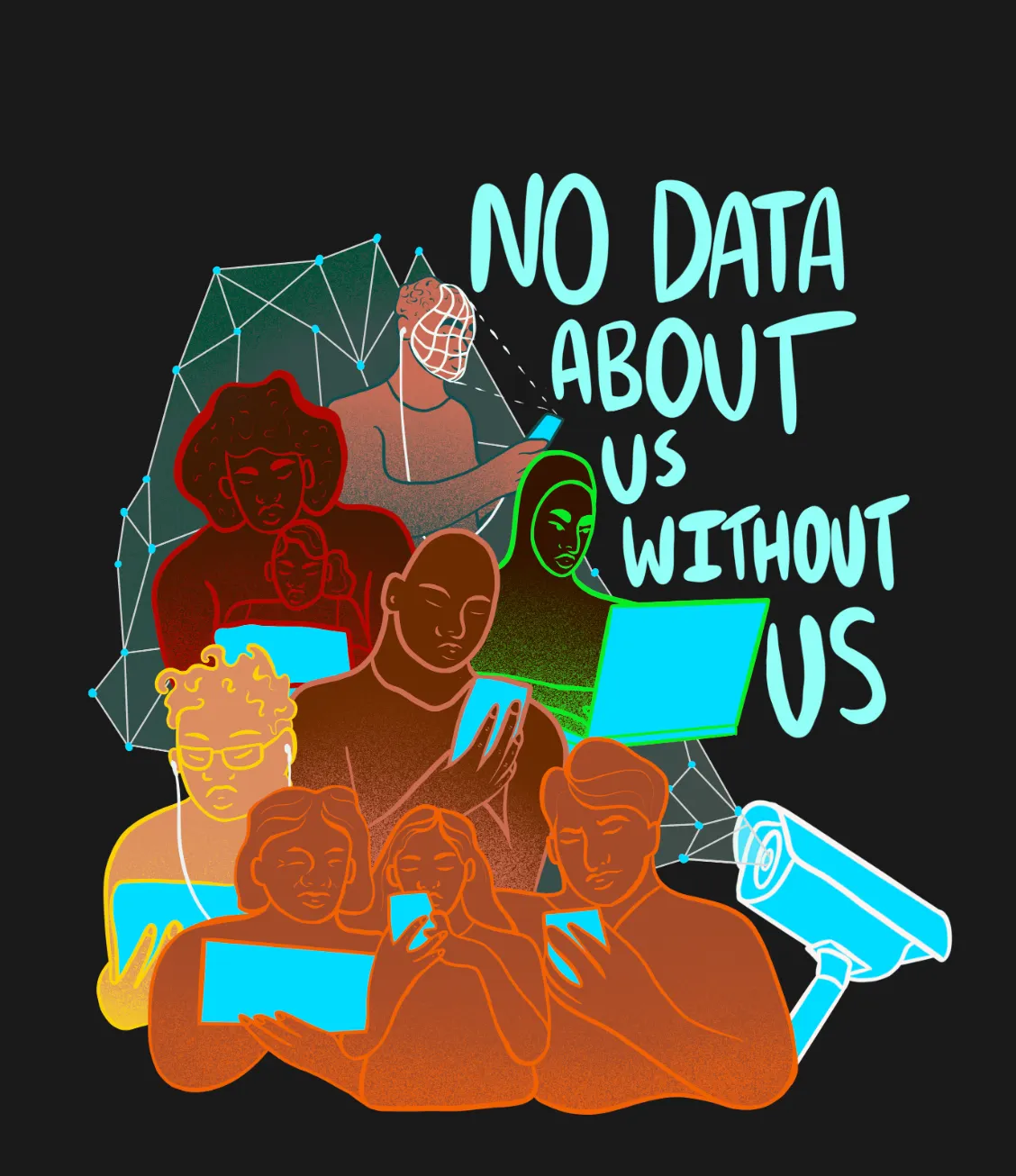Four AI Systems Features for Transparent Tech Governance: Insights from the Second Digital Intercity Pop-Up Conversation
As part of the Explore Geneva initiative on the 27th of April, we held our second conversation of the Intercity Digital Pop-Up project at the BFM. We were excited to facilitate a dialogue among representatives from the diverse Edgelands cities—Geneva, Medellín, Nairobi, and Houston.

Photo: Screen Shot of the Event
Deployment of technology for security purposes raises profound questions about privacy, governance, and trust around the world. The latest round of Intercity Conversations highlighted how cities like Medellín, Nairobi, and Geneva are navigating these challenges, revealing a complex tapestry of experiences and concerns that resonate globally.
Medellín, in Colombia, often celebrated as a pioneer in urban innovation, is considering the adoption of facial recognition technology to enhance public safety. Yet, this ambition is limited by database infrastructure and procurement scandals that have eroded public trust. Despite its marketing as a leader in surveillance technology, Medellín grapples with the practical challenges of implementing such systems responsibly. The city's struggle underscores a critical issue: technological adoption must be accompanied by robust governance frameworks to ensure responsible use and safeguard citizens' rights.
In Nairobi, Kenya, technology proves to be a double-edged sword. High-profile cases, such as the use of CCTV footage to solve murders and improve women's safety, illustrate the tangible benefits of surveillance. However, this embrace of technology is tempered by serious concerns about data protection and platform security. Nairobi's experience highlights a fundamental tension: the need to leverage technological advancements while protecting individual privacy and addressing fears of surveillance overreach. As the city navigates these issues, it must strike a delicate balance between innovation and the protection of civil liberties.
Geneva's relationship with technology and security is marked by a unique complacency. Trust in the democratic system has led to minimal public debate on the use of digital technologies for security purposes. This lack of critical engagement stands in stark contrast to the city's advanced discussions on other aspects of AI, such as large language models and generative AI. The absence of robust dialogue linking AI to security concerns reflects a broader issue: a complacency that may hinder proactive measures needed to address future technological risks. Geneva's challenge lies in fostering a more informed and critical public discourse about the implications of AI on security.
The curator discussions revealed a common thread across these cities: the pivotal role of trust in the adoption of technology and the transparency challenges thereof. In Geneva, public discomfort with technology manifests in reactions to data leaks, fake news, and deep fakes. This distrust is compounded by incidents like the backlash against AI deployment in train stations. As Bernard Rappaz, Edgelands Geneva curator, pointed out, recognizing the importance of digital integrity is a good starting point to discuss the social challenges posed by digital technologies. "Without trust, technological advancements can provoke more fear than security".
George Mwengala, Edgelands Nairobi curator, emphasized the challenges governments face in regulating rapidly evolving technologies. "Crafting effective regulations is not enough; they must also remain relevant as technology advances". The ownership and ethical use of technology are crucial in this regulatory landscape, especially as Kenya prepares braces for new AI regulations.
Medellín Curator Juan Aristizábal added that the perceived trade-off between increased surveillance and reduced crime is a significant consideration for citizens. Effective governance can enhance public safety, but it must balance this with measures that protect individual freedoms and prevent the misuse of technology.
For AI and other digital technologies to be integrated into public safety frameworks effectively, four key features were deemed essential:
- Citizen Involvement: AI technologies should be relevant to the needs of the community. Involving citizens in their development and oversight can help ensure that challenges are addressed early and that proposed solutions are pragmatic and community-focused.
- Regulation Focus: While the regulation of AI is challenging, it is important not to forget about existing technologies. A regulatory approach that takes into account both new and existing technologies can help manage their interactions and societal impacts.
- Stakeholder Engagement: City governments should constantly engage with different stakeholders, from professionals to community leaders, to increase transparency about how they use digital technologies, and build a community of citizens who understand the technologies and can contribute to future technology deployments.
- Sandbox Environments: City governments should create controlled environments for testing AI applications, as these can provide valuable insights and promote innovation while mitigating risks.
The different points of view from Medellín, Nairobi, and Geneva underscore the diverse ways cities are grappling with the intersection of technology and security. As we move forward, it is clear that fostering public trust, ensuring transparent governance, and maintaining appropriate regulatory frameworks will be crucial in navigating the complexities of AI and surveillance technologies. By addressing these challenges head-on, we can create a future where technology enhances public safety without compromising human rights and social values.
The global conversation around technology and security is constantly changing as new technologies and new threats emerge. It is imperative that we continue to engage, question, and refine our approaches to ensure that the deployment of technology serves the public good, respects privacy, and upholds democratic values. Only then can we harness the full potential of technological advancements in a way that truly benefits society.
Stay tuned for our next Intercity Digital Pop-Up conversation, where residents from different cities will discuss transparency and security expectations. If you want to participate in our next intercity conversation, please apply here.



